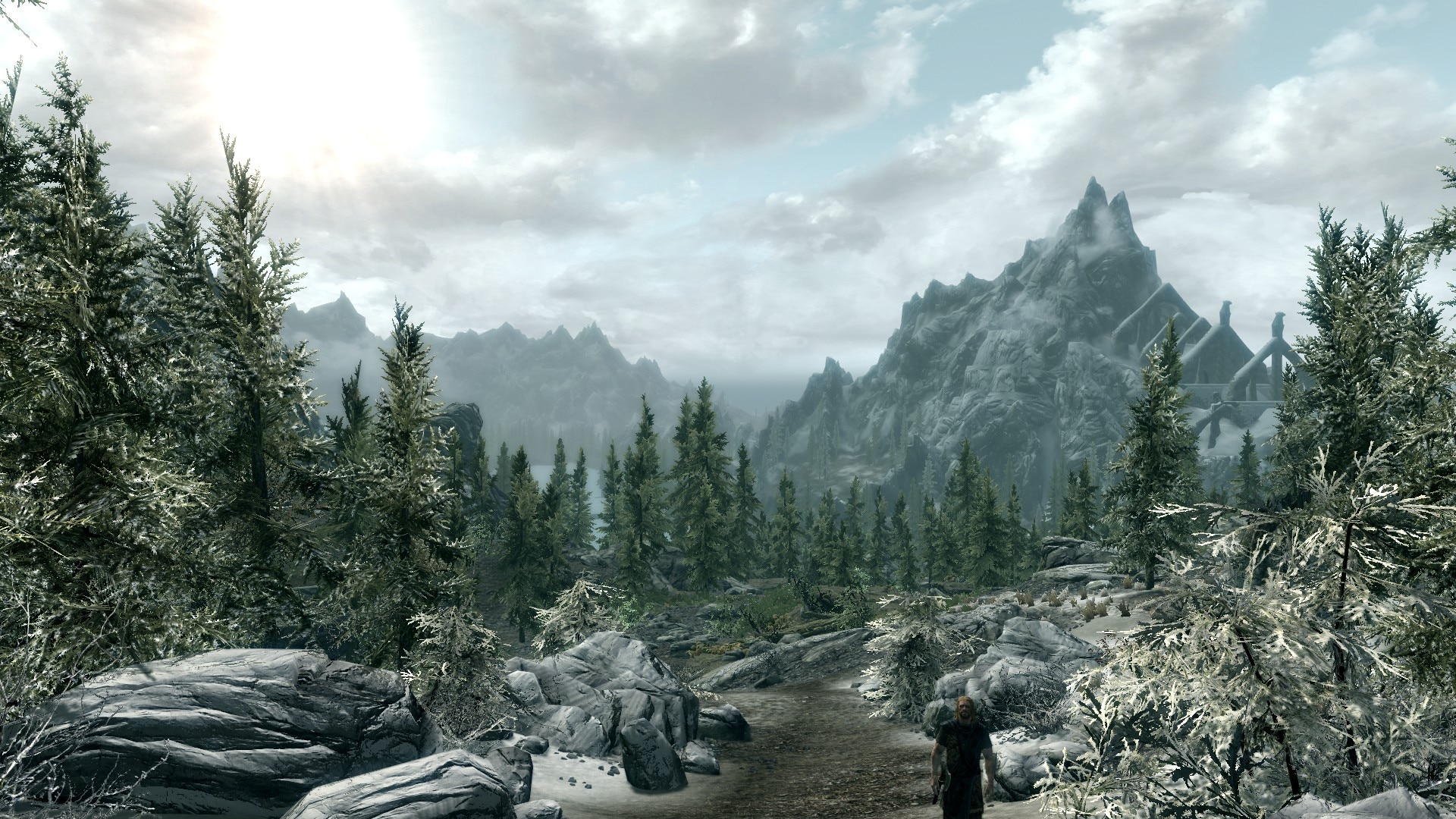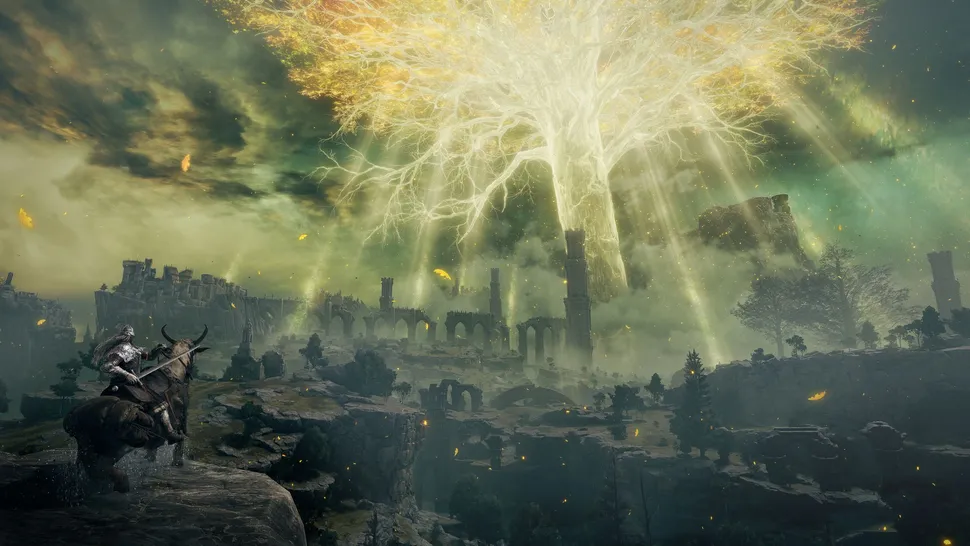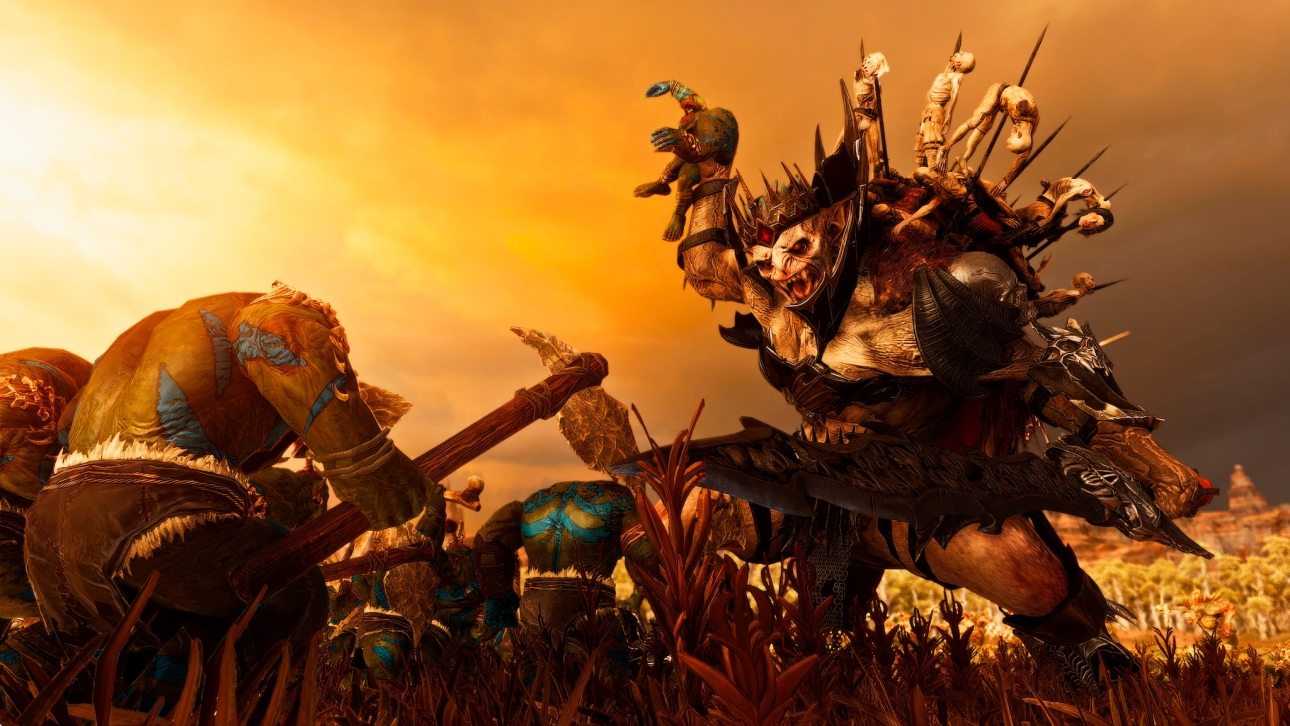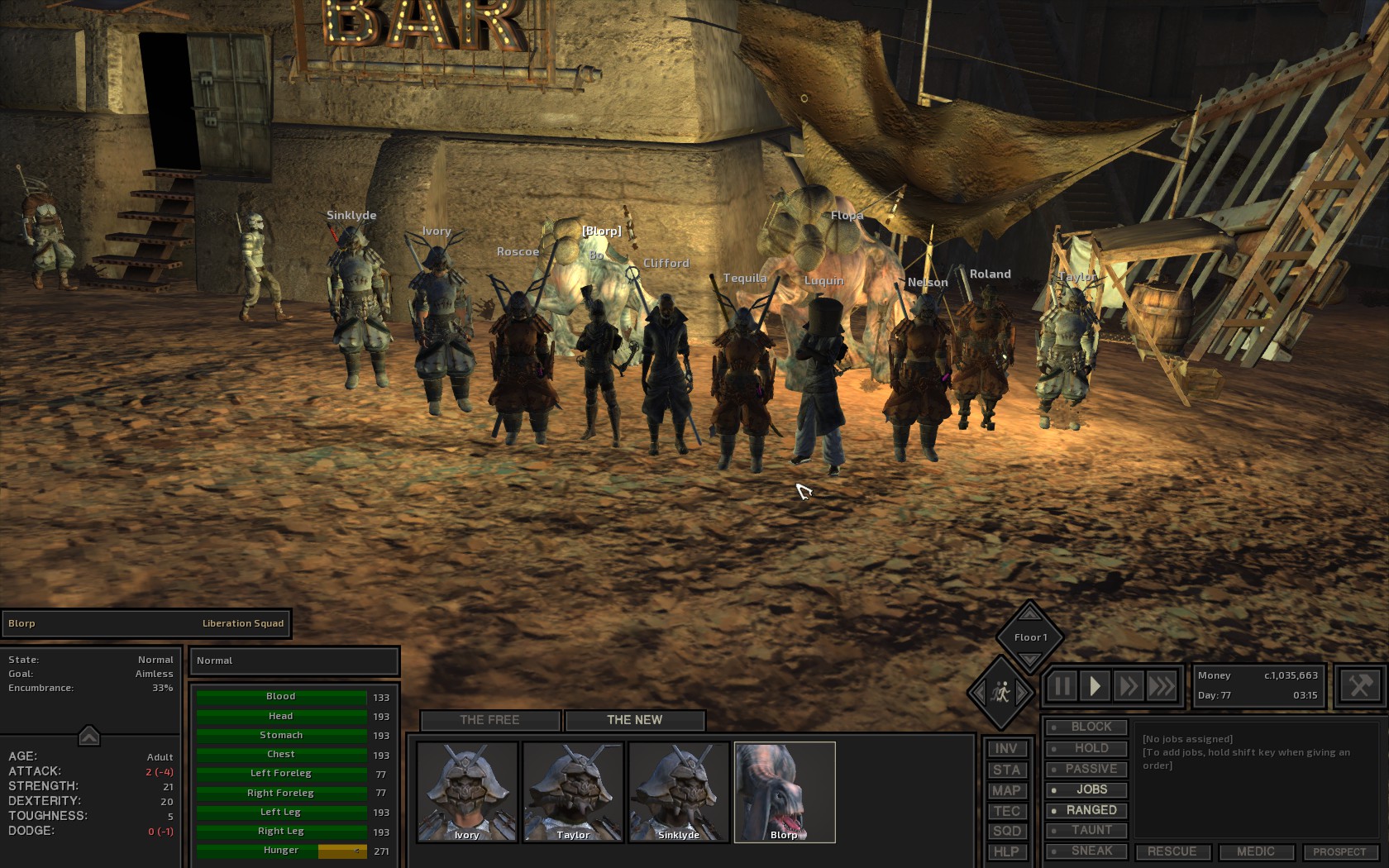Rediscovering gaming as a new parent
It all started a month earlier than expected. One evening my eight-months-pregnant wife said “Something’s slightly off, we should go to a hospital”, and twelve hours later my daughter was born.
The week in NICU was hectic. We lost our firstborn, so the experience of being in a hospital again with a child on life support was nerve-wracking. Constantly beeping monitoring equipment, feedings every 3 hours, weigh-ins every 12, bloodwork every 24… It was a lot, but also there really wasn’t as much to do. While my wife was in recovery, I spent the time with our daughter - skin-to-skin contact is really important for newborns, so she’d just lay on my chest and slowly figure out the functions of being a human - breathing, heartbeat, temperature regulation.
1. I value comfort titles even more
All the skin-to-skin hanging out with my infant gave me quite a bit of time sitting in a chair doing nothing for hours on end. Newborns aren’t particularly interactive - I mean, it takes them a few weeks to start making eye contact. I had my trusty Nintendo Switch with me, which was a lifesaver. With all the stimulation, I needed something familiar, something safe. Naturally, I booted up Skyrim for the umpteenth time.
 Skyrim: Onto the Bleak Falls Barrow. I’ve been playing this game on and off for 14 years, especially at the times of great upheaval.
Skyrim: Onto the Bleak Falls Barrow. I’ve been playing this game on and off for 14 years, especially at the times of great upheaval.
I’ve been playing Skyrim on-and-off since November 11, 2011 (I thought it was so cool that Skyrim got released on 11-11-11), and I know the game like the back of my hand. It’s not my favorite Elder Scrolls title (that honor goes to Morrowind, the game I grew up with), but it’s the one I have most time with - accessibility does make a difference. Yet another trek through Bleak Falls Barrow, then onto Whiterun, a prolonged trek to Ivarstead interrupted by half a dozen dungeons, get Jurgen’s horn, learn Unrelenting Force, and get completely sidetracked by playing through some side storyline. It’s all still there, it’s all so familiar.
Then the Elder Scrolls IV: Oblivion Remastered came out, and of course I had to check that out - and I sacrificed quite a few nights of sleep to my Bosmer archer who, through Bethesda magic (read: bugs), eventually became permanently invisible. Oblivion Remastered was also so very familiar, despite the new coat of paint - the hours just melted away, as I knew exactly where to go, what to do, who to talk to, and whom to mug.
I guess I just don’t want to think that hard, or be challenged as much, and I don’t really need the high octane thrills - I get that when my kid excitedly squeals when being thrown into the air. I just want something familiar, unexciting, and mildly engaging.
2. Pausing is non-optional
Oh, and if I can’t pause your game at any point - I can’t really play it. Can’t really tell an infant “wait, let me finish watching this cutscene.” This disqualifies a number of titles from the rotation.
 Elden Ring or any other FromSoftware title: Can’t really pause those boss fights, even in offline mode - what a shame.
Elden Ring or any other FromSoftware title: Can’t really pause those boss fights, even in offline mode - what a shame.
I had to give up on Elden Ring’s Shadow of the Erdtree because of the lack of pause - that one stings. This is where handhelds like Steam Deck and Nintendo Switch come in though, since you can suspend the vast majority of games at any point to come back to later (doesn’t work with FromSoftware titles though).
3. I’ve (sometimes) embraced handheld gaming
I started with using my Nintendo Switch in NICU - it’s light, holds a good charge, and just works. Later on, my trusty Steam Deck came in useful too - it’s heavier than the Nintendo Switch - but expands the repertoire of games dramatically.
 Total War: Warhammer III is another one of my comfort titles, with hundreds of hours of playtime. Unfortunately, I can only play it on PC.
Total War: Warhammer III is another one of my comfort titles, with hundreds of hours of playtime. Unfortunately, I can only play it on PC.
Yet, I still prefer my trusty PC when possible - it’s got a lot more horsepower, and I just like playing games with a mouse and keyboard. I end up lining up the baby’s bassinet next to my PC when the kiddo naps, or get some gaming time after mom and daughter go to bed.
4. I might reduce the difficulty
Even now, after somewhat settling into the rhythm, when I’d find myself overwhelmed and lacking sleep, I’d boot up Total War: Warhammer, a series I’ve been playing on-and-off since 2016, and play a few turns of a campaign on “Normal” difficulty.
I’ve been playing games for some time, so I’m not terrible at the types of games I play (don’t drop me in an online shooter though - I’ll get demolished). For most strategy or tactical titles, I default to harder difficulties to keep myself engaged. I love Souls-like games too, which are known for their difficulty.
But as my daughter’s getting older, and I have less and less time for gaming, and often after a long day at work and a short but intense play time with my daughter, all I want is to boot up a game and veg out. I don’t really have the energy to invest into trying to beat Sekiro’s Isshin the Sword Saint for two weeks straight (I said I’m not terrible, I didn’t say I was good).
 I don’t think I’d be able to enjoy putting together a band of ragtag nobodies in Kenshi now that the time is at a premium.
I don’t think I’d be able to enjoy putting together a band of ragtag nobodies in Kenshi now that the time is at a premium.
That’s a weird feeling for me: I came to rely on difficulty and friction to keep me engaged with many titles, and having that removed makes me rethink what I enjoy about games. Some lose their pizzazz if the difficulty is turned down - difficulty is part of the design. Kenshi would be just an ugly half-baked RPG without the grueling difficulty and the feeling of despair that causes.
5. I think about games more than play them
This right here is probably the biggest change - I spend more time thinking about games and writing about games than playing them. If I have 30 minutes to sit in front of my computer - I often choose to spend that time putting some words onto paper, as evident by this being the 23rd post I’ve made this year.
I find myself engaging with more hands-free media about games, too. I enjoy YouTube channels about game development like Adam Millard or Game Maker’s Toolkit, and I like catching up on gaming news - with Skill Up being my go-to. I even subscribed to a print version of PC Gamer magazine, since it’s starting to get hard to have screens around my increasingly mobile infant without her sneaking a peek.
I’m still deeply fascinated by gaming as a medium, but the limited time has forced me to prioritize - and I like meta-narrative around games and game design if only slightly more than actually playing the games. It’s a different lens of a hobby, but the one I find myself enjoying more and more - and being forced to choose between playing games and thinking about games surfaced a new finding about myself.
Comments
Respond directly on Bluesky (threads shown below) or Medium (view comments there).
 Rooslawn's Unmapped Worlds
Rooslawn's Unmapped Worlds